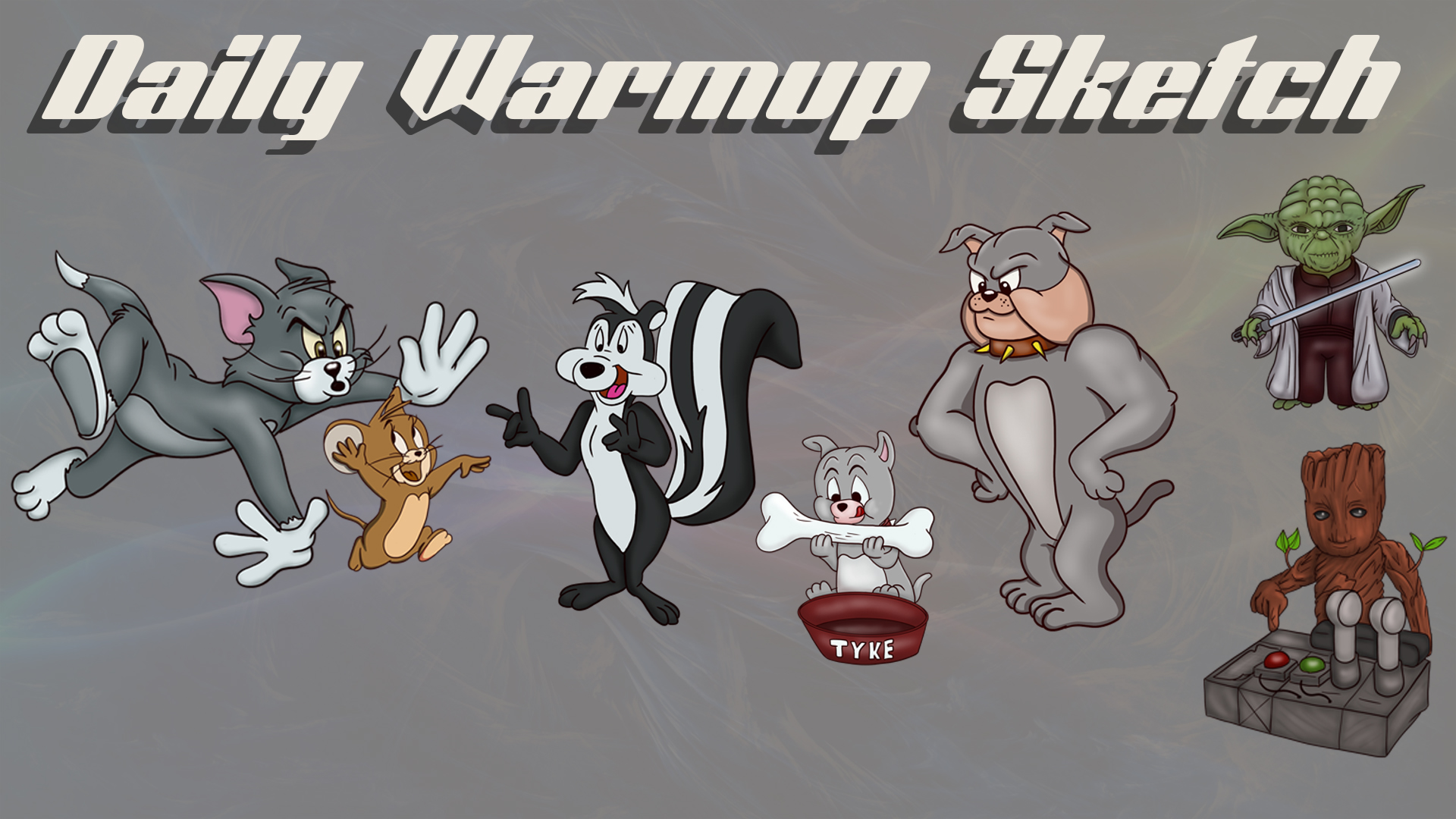Fans of the hit Harry Potter franchise were recently dealt a crushing blow when British technology company Kano announced that Warner Bros. had “swiped” their patent for an interactive Harry Potter wand.
Kano, who produces a range of coding and tech toys, released a statement claiming that their patent for a “wand-like computing device” — their version of the Harry Potter wand — has been taken away from them by Warner Bros. They implied that this was a move which was intended to stop them from creating or selling an official Harry Potter wand of their own.
The company had originally announced their intention to launch a range of wand-based coding products in 2016, in collaboration with Warner Bros., but no deal was ever formed. Kano then filed a patent with the US Patent and Trademark Office in August 2019, which Warner Bros. appears to have blocked.
Kano have called out Warner Bros publishing label and toy licensee Jazwares for taking their patent, claiming that it was done in an attempt to prevent them from competing directly with Jazwares in the official Harry Potter wand market.
“We’ve been blocked. All we wanted to do was to bring something wonderfully new and magical to the world,” Kano said in a statement. “There’s no such thing as a monopoly on wand shape or motion. We’ll use different motion devices and wands for our wand-computing products. We’ll press on, but it’s troubling that a major publisher would use their power to create a monopoly in this way.”
It remains unclear at this point whether or not Kano will be able to make their patented wand products without Warner Bros’ permission. In the meantime, the company has stated that it is “exploring its options at this point, with a view to stop this kind of behaviour that seeks to limit consumer choice and prevent progress in computing technology.”
This news comes amidst a string of similar lawsuits in recent years, which have seen intellectual property owners take action to protect their copyright against unauthorised uses of their crafted content.
It remains to be seen what the outcome of this case will be, but it marks a new challenge for the technology industry and raises some interesting questions about the scope of intellectual property protection. There is no doubt that it will be a crucial case to watch in the months to come.

